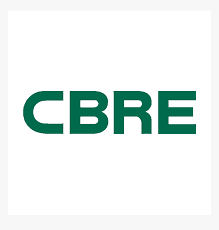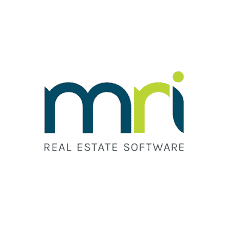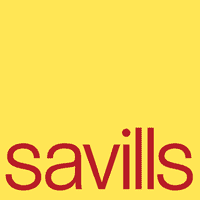We can all agree that times are tough. The last few years have had a massive knock on effect on the economy and businesses. The word ‘recession’ is terrifying and creates a lot of doubt for companies.
What will the future hold for the business?
Should we be hiring new staff when we don’t know what is around the corner?
During these times, many businesses choose to gain control of their budgets by putting recruitment on hold. Yet doing this delays growth, causes undue strain to the current employees and resources and could limit the ability to be flexible, which is essential to surviving a recession.
The better choice, is to implement a recession-proof hiring strategy, that keeps the long-term vision front and centre.
Define your hiring needs
Before you start looking for candidates, you should define the specific roles and skills that you need for your business. This will help you to avoid wasting time and resources on irrelevant applications.
Use multiple recruitment channels
Don’t limit your search to just one recruitment channel. Consider using job boards, social media, employee referrals, and recruitment agencies to find the best candidates.
Focus on candidates with transferable skills
In a recession, many people may be looking to change industries or job roles. Look for candidates who have transferable skills that can be applied to your business.
Look for potential, not just experience
In a recession, many talented candidates may be out of work due to circumstances beyond their control. Consider hiring candidates based on their potential, not just their experience.
Consider offering temporary or part-time work
In a recession, some candidates may be more open to temporary or part-time work. This can be a great way to get to know a candidate before making a permanent hiring decision.
Be transparent about your company’s situation
Let candidates know that your company is operating in a difficult economic environment. Be transparent about your financial situation and your plans for the future. This will help you to build trust with candidates and ensure that they are committed to your business.
Prioritise diversity and inclusion
Don’t let a recession lead to a lack of diversity in your workforce. Prioritise diversity and inclusion in your hiring process to ensure that you are building a team that represents a wide range of backgrounds and experiences.
Overall, hiring in a recession requires a flexible and open-minded approach. By focusing on the needs of your business and being open to new candidates, you can find talented employees who can help your business grow and succeed.

















